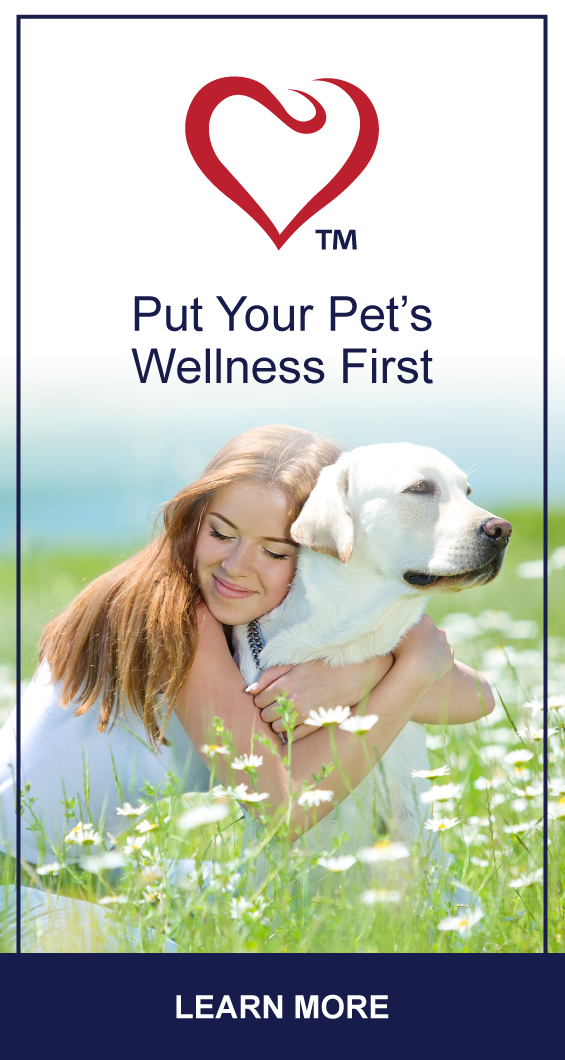
TRENDING

SIGN UP and Start Receiving
Our Monthly Newsletter,
The Chronicles
What You Should Know About Dogs and Allergies

The human body cannot necessarily tolerate every single substance that can be found on this earth. Dogs are no different. Substances can include anything from food and medications to environmental substances such as plants, dust and mould.
Some dogs are mildly affected by a couple of allergens while others can have an extreme reaction to only one or two. Usually, once you know what’s causing the irritation and allergy, you can try to reduce, manage or cure it.
Symptoms tend to show themselves when a dog’s immune system considers a certain substance as dangerous (even a common one that seems harmless to most). Irritation can be caused by contact with the skin, ingestion or inhalation. The symptoms will present themselves when the body wants to get rid of the allergen. You may notice a skin reaction, digestion problem or a respiratory issue (or a combination).
Symptoms of an Allergic Reaction Can Include Any of the Following:
- Constant licking
- Scratching that increases
- Eyes can appear itchy and runny
- Sneezing, diarrhea and/or vomiting
- An inflamed throat can cause snoring
- Skin can appear red, moist, itchy or show scabs
- Ear symptoms can include itchiness or an ear infection
- Swollen paws, sometimes accompanied by paw chewing
- The back or base of the tail can appear itchy (often an allergic reaction to fleas)
- Scabs, crusty skin and/or hair loss caused by yeast skin infection or bacterial infection
Are Some Dogs More Prone to Allergies than Others?
The following breeds tend to be more prone to allergies than others:
- Setters
- Terriers
- Retrievers
- Pugs, Bulldogs and Boston Terriers (flat-faced breeds)
Still, any dog, regardless of breed, size and age can start experiencing allergies.
What are Common Allergens that Can Affect Dogs?
- Bacteria
- Feathers
- Perfumes
- Fungi (mold)
- Cigarette smoke
- Grooming products
- Certain cleaning products
- Dust and house dust mites
- Insects, rodents, bacteria, larvae
- Fabric, plastic and rubber material
- Regular or prescription medications
- Trees, plants, plant parts (e.g. pollen) and grass
- Flakes of skin in an animal’s fur or hair (dander)
- Certain foods including meats, carbohydrates, soy, herbs, etc.
- Pesticides: insecticides, herbicides, rodenticides, bactericides, fungicides, larvicides
What Allergic Reactions Can Food Cause?
If your dog doesn’t stick to a regular diet, it’s not always easy to figure out what’s causing the irritation and discomfort. Vomiting and diarrhea are severe reactions, but chronic ear infections and constant itching are just as worrisome.
You can try to get to the bottom of it by taking certain foods out of the diet. Once you’ve found the culprit, for example beef, be sure to also eliminate products that contain beef fat or protein.
Allergic reactions to food can start anytime.
I Think My Dog has Allergies: What Now?
The safest thing you can do is call your veterinarian and book an appointment. Your veterinarian will ask about your dog’s medical history, perform a standard physical examination and recommend/ask if you’ve tried an elimination diet. If the allergen is not obvious, skin and blood tests could provide answers.
Allergy Diagnosis in Dogs
A veterinary dermatologist might have to step in when skin allergies can’t be treated by your veterinarian.
Dealing with food allergies is usually not easy. Your veterinarian will prescribe a certain diet (free from common allergy-causing ingredients) for a certain period of time. During this time, absolutely no other foods (or medications) may be given. The idea is to stick to the diet until symptoms subside and disappear. Only then should old foods be added, while adjusting diet food quantity to avoid overfeeding. Add one food type at a time to increase your chances of finding the allergen. If you find the problem-causing food, ask your veterinarian to help determine the best diet for your dog moving forward.
Treating Dog Allergies
Inspect the environment your dog has access to and remove as much of the allergy-causing substances from the area. Consult your veterinarian for guidance and suggestions.
- Food: refer to the section above
- Fleas: use quality treatment and prevention products on all your pets
- Other animals: keep your dog away from animals that might have parasites
- Dust: Be vigilant about cleaning your dog’s bed, kennel, blankets and toys with a vacuum cleaner and also tackle rugs, curtains and other dust-gathering objects
- Hygiene: to remove environmental allergens and relieve itching, regular bathing with specific products is recommended (opt for a prescription product to be safe)
Allergy Medications for Dogs
Allergens have different sources and can cause different reactions. Some allergies can be treated while others can only be managed.
- Certain shampoos
- Fatty acid supplements
- Flea-prevention products
- Immune modulating drugs
- Antihistamines (not always effective)
- Sprays containing natural products such as aloe
- Allergy injections might help with airborne allergens
Your veterinarian may also suggest cortisone which can be effective, but it’s not ideal.
Certain Allergens Can Cause Bronchitis
There’s a reason pets (just like humans) shouldn’t be exposed to cigarette smoke. Continual exposure can lead to bronchitis (amongst other illnesses). Symptoms include a persistent cough and mucus production. Medications usually need to be introduced to help cure and manage the condition.
Other inhaled allergens can also lead to bronchitis.
Related Article
What You Should Know About Being Allergic To Cats Read Now










